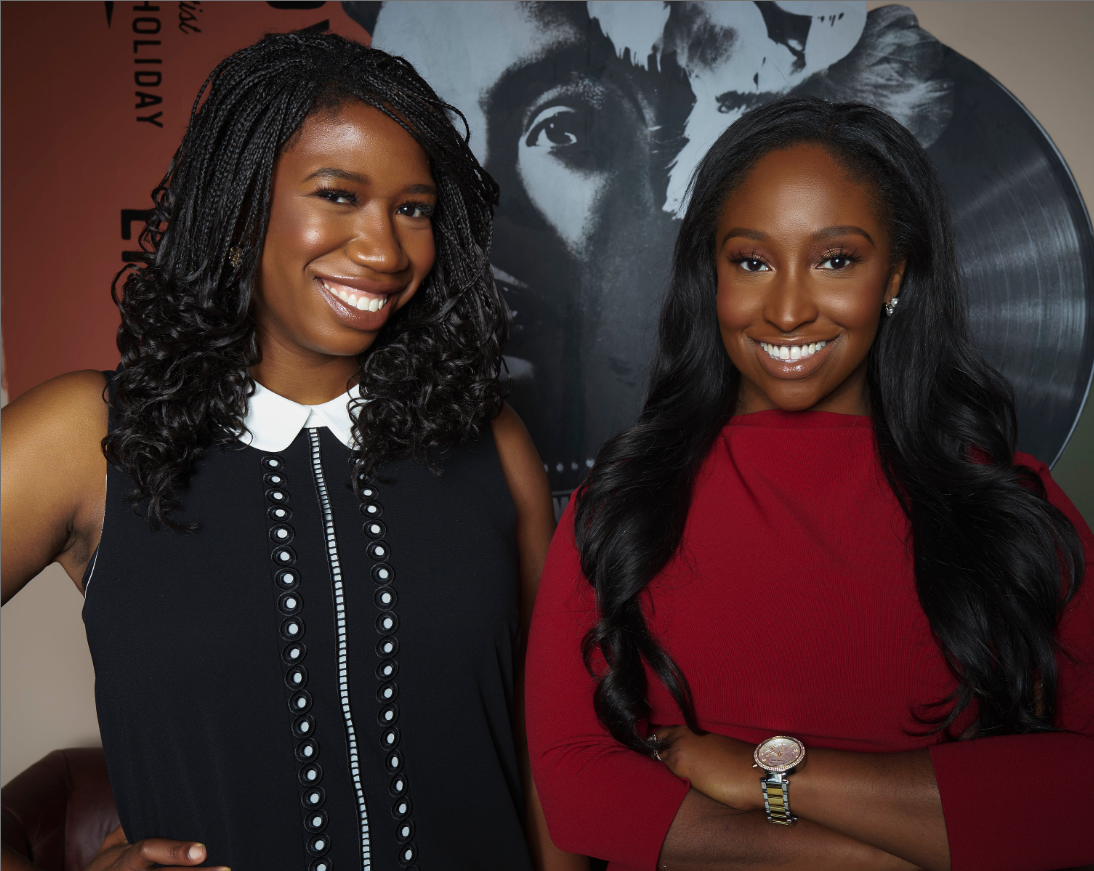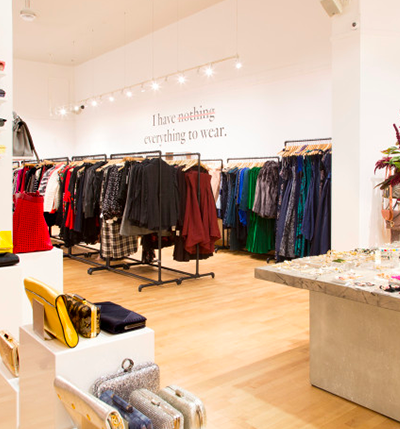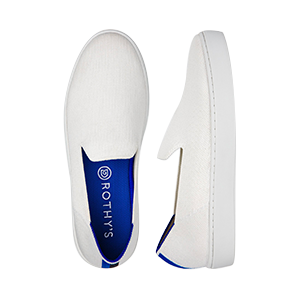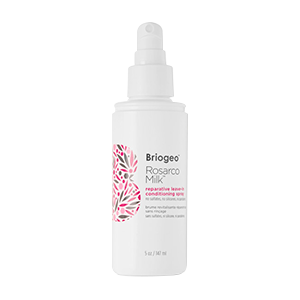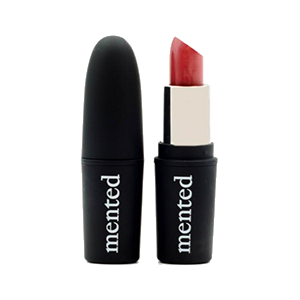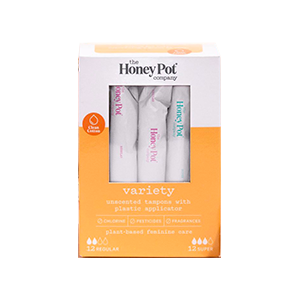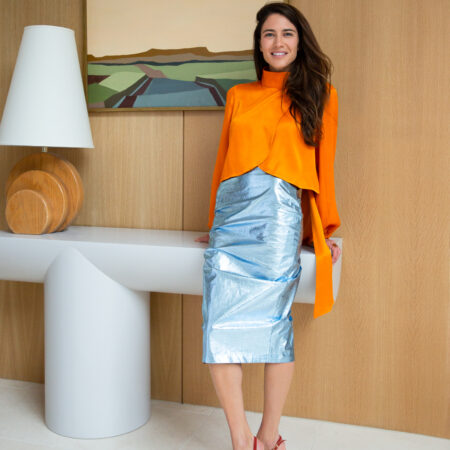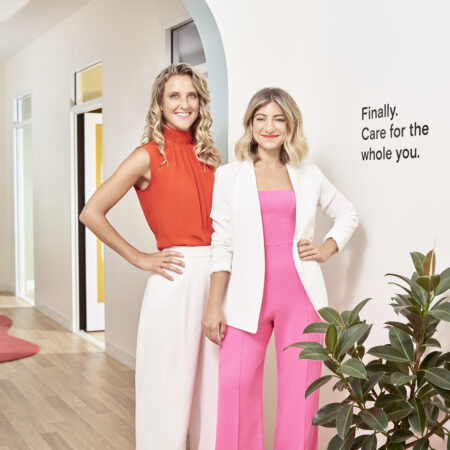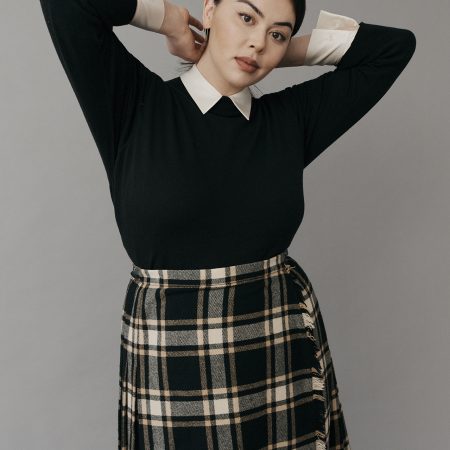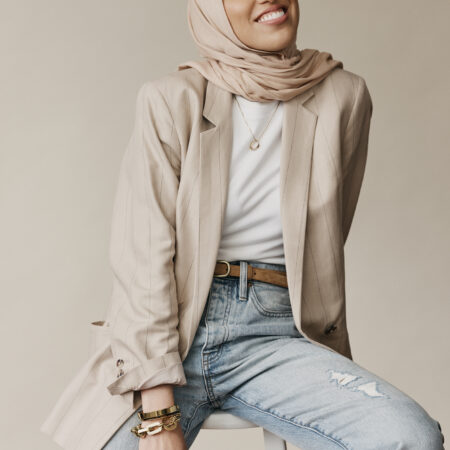In one sentence, what does your company do?
KJM: Mented Cosmetics is an upscale beauty brand offering fully pigmented products for women of all hues.
What are you solving for?
KJM: Amanda and I started the company because when we surveyed the beauty landscape we didn’t see any prestige brands celebrating and prioritizing deeper skin tones. So we created one.
Why should people care about your company and what you’re doing?
KJM: We believe everyone should be able to find themselves in the world of beauty. Helping women who have previously been neglected by traditional beauty brands feel beautiful is our number one priority.
What’s one big mistake you made when you first started your company, and one big thing you got right?
KJM: One of our biggest mistakes was listening to too many voices. We took meetings with every investor who would see us, and in the beginning, we tried to adapt to everything we were hearing. Luckily we grew out of that pretty quickly and realized we knew way more about this business than the people we were talking to.
One thing we got right from the beginning was building a community of customers and influencers and listening to them. We launched new shades within four months of launching because we listened to our community’s feedback. Every product we’ve launched since then has been informed by their perspective.
Founder's Picks
RTR Update Plan, $69, Rent The Runway
Bright White Sneakers, $125, Rothy’s
Winky Lux So Extra Mascara, $17, Target
Farewell Frizz Leave-In-Conditioner, $20, Net-A-Porter
Pretty in Pink Semi-Matte Lipstick, $17, Mented
Cotton Tampons, $9, The Honey Pot
What’s the one piece of advice you’d give other women looking to start their own business in the cosmetics space?
KJM: My advice is broader—it’s for any woman looking to start a business: get started now. Today. Don’t wait. It may be a great idea or it may be a terrible one. You might get it off the ground or you might fail. But one thing’s certain: you’ll never get there if you don’t start taking steps now.
If it’s cosmetics, pick a launch product and start making it (we made our first lipsticks in the kitchen). If it’s an app, learn how to code (or if you can afford to hire someone, do that). If it’s a service, test it out on some friends. Unless your business is building a rocket ship, there’s a good chance you have the tools you need to get started. So do it.
Unless your business is building a rocket ship, there’s a good chance you have the tools you need to get started. So do it.
KJ Miller
What’s one thing that makes your life easier
AJ: Google is my everything. My email, my calendar, my documents, my chat, etc. Life is easier because I can access everything I need from anywhere.
What is the best thing about having a co-founder?
AJ: My co-founder is the one who I laugh and cry with in the same moment. She knows more intimately than anyone the challenges and the triumphs of this crazy roller-coaster.
What is the most challenging thing about having a co-founder?
AJ: Two people decided to create a company because they are so passionate about the problem they are solving. Sometimes that passion can be a lot to contend with. Likewise, you probably chose your co-founder because they are brilliant and amazing. Sometimes two amazing geniuses can butt heads. It’s all a balance that open communication and respect can solve.
Describe an instance when you “failed forward”?
AJ: Failing forward is an everyday occurrence in startup life and you learn to move forward quickly and not take it too personally. For example, we had an eyeshadow manufacturer that promised us the dream. Their formula was great, but their operations were terrible. We had no sense of that when we started. Once we launched, the product was so successful it sold out. So, we needed the product quickly, our manufacturer couldn’t deliver, and we were panicked. We worked with them to continue to get shipments of what we needed, but parallel pathed our efforts and found a new manufacturer. The learning is that we now have a much more stringent manufacturer selection process and onboarding procedure. For a product company, this is normal. Once we got over the panic we created the internal structure we needed to help prevent this from happening again.
How will you know when you’ve made it?
AJ: We’ll know we’ve made it when we’ve become a successful household name. We’ll know we’ve made it when beauty companies use Mented as a goal for how they serve their women of color customers. We’ll know we’ve made it when all women feel included in the world of beauty.
